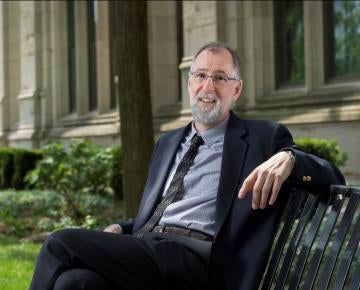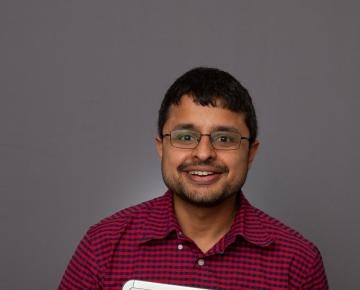As technologies advance, so does education. In addition to learning and teaching new technologies, we can also use technology to better understand how people learn. Research on educational technologies explores how technologies can not only better understand how people learn, but also how to help people learn as well as the role of technology in learning and evaluating learning.
- AI, Natural Language Processing, and Machine Learning
- Archives and Library Sciences
- Biomedical and Clinical Applications
- Computer Systems Organization
- Cyberphysical Systems and IoT
- Cybersecurity and Privacy
- Databases and Data Management
- Distributed Systems
- Educational Technologies
- Ethics and Community Engagement
- Human-AI, Human-Robot, and Human-Agent Interaction
- Networks
- Public Sector and Civic Engagement
- Quantum Computing
- Scholarly Information Sharing, Data Practices, & Technical Standards
- Smart Buildings, Cities, and Transportation Systems
- Social Computing and Socio-technical Systems
- Sustainability
- User Experience Design and User-Centered Systems
Want to Learn More about SCI's Research?
Check out the most recent grants, research profiles, and more in our Research news section.












